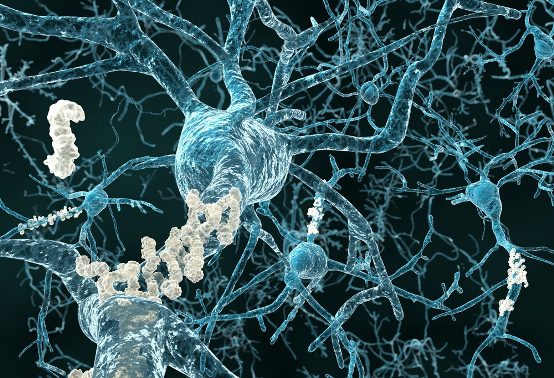Dementia’s Exploding Costs and Consequences

James Pinkerton has been making a series of arguments here advocating research into cures as the best way of controlling healthcare costs, especially since cures have far and away the greatest non-financial benefits to society, compared to rations or restrictions on care. In a fortuitous bit of timing, just as the conclusion of his latest two-part-series posted yesterday, the New England Journal of Medicine published a report exposing just how great the cost of our current state of affairs is becoming.
In one of the most through investigations of dementia on record, researchers led by Dr. Michael Hurd of the RAND Corporation used “the Health and Retirement Study (HRS), a nationally representative longitudinal study of older adults” to greatly improve on the previous attempts to quantify dementia’s monetary costs. By controlling for the additional illnesses dementia patients are subject to due to accidents of age and demographics, the researchers were able to determine that dementia alone incurs additional marketplace costs of approximately $28,501. Adjusted, almost half, $14,000, of this was for nursing home care.
Dementia’s costs are not purely born out in the marketplace, however, as it is much more likely to involve informal home care by family members or unrelated volunteers. When the researchers added a valuation for home care informally provided, the cost of dementia soared to approximately either $41,689 or $56,290, depending on whether you valued that care by foregone wages or the value of equivalent marketplace care.
These are the total financial costs for a theoretical average individual dementia patient, controlling for many variances. Aggregated, the costs are vast, and are only set to explode. The researchers found that the total marketplace cost of dementia in 2010 was $109 billion, and either $159 or $215 billion for total cost including informal care. That’s the good news. Predicting that the cost of care would remain constant, a conservative assumption, they predicted that by 2040, less than thirty years away, dementia costs would rise to $259 billion in marketplace care, and either $379 or $511 billion in total care. Even adjusting for the ability of population growth to moderate some of the effect of this explosion, per-capita costs of dementia would increase nearly 80 percent.
As I wrote in the aftermath of Pope Benedict’s age-driven resignation,
Older wisdoms need to be brought to bear to teach us once again about mortality, and living life well to the end. New strategies need to be created to help us care for ourselves and each other.
The tremendous diversity we find in all things human is all the more present here. We will each age distinctively, in keeping with the discrete combinations of genetic inheritance and lived experience that make us who we are. Some will find their body betray them as their wits are still sharp, some will have their body persist past their best days. Many will stay strong to the very end. My own grandfather may have lost some of the pep off his driver on the golf course, but he still undershoots his age and beats his son-in-law and grandson every time out. But the lives we set up for ourselves in the post-war era of independence now, independence forever, may not survive unchanged under the strain of the challenges we face. We may need to reach back and revive older traditions of multi-generational households. We may have the wealth to continue building a service sector to support us in our later days. However the years to come turn out, we can be sure that our society will soon look very different than it does today.
Perhaps the brain-mapping plans outlined in the President’s recently revealed $100 million BRAIN Initiative will lead to cures somewhere down the line, but it is wise to be cautious about the ability of scientists to truly understand and minister to our inner selves. Even if large medical advances come out in the decades ahead, as one presumes will happen, the lesson of the past fifty years should teach us that better health is not always cheaper, and new technologies are expensive to bring to market.
What seems certain, though, is that dementia and the costs of aging will be an ever-increasing part of our public and personal concerns.
Comments